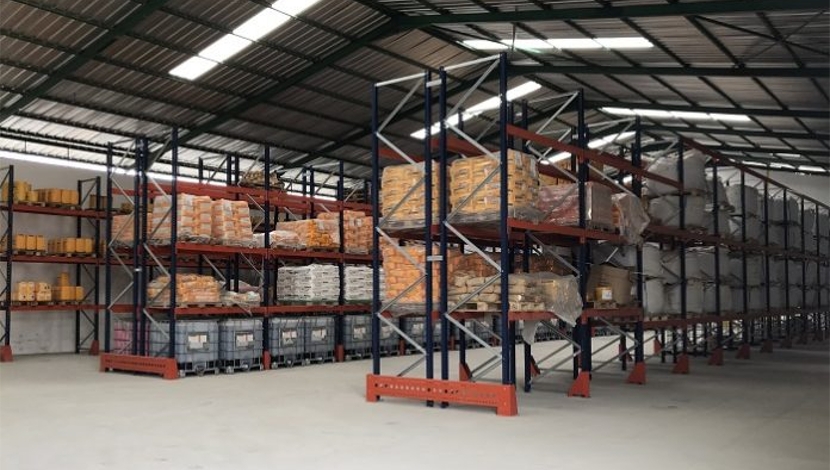
A mix of natural advantages and protectionism has made Dangote Group Nigeria’s biggest firm. Now its mettle will be tested as it expands across Africa.
Cement is the mainstay of Dangote Group, and Obajana is the largest of the company’s three cement plants in Nigeria, which generated most of the firm’s revenue of 386 billion naira ($2.5 billion) last year. A fourth production line, almost complete, will turn Obajana into one of the ten largest cement plants in the world.
It is part of a broader expansion that will take Dangote Cement into 13 other African countries.
Dangote Group sees itself as a paragon of backward integration, choosing enterprises in which it can exploit Nigeria’s natural advantages. The scope of the conglomerate has widened as profits from one business have paid for entry into a new industry. Each industry has been more capital-intensive than the last: from salt, to flour and sugar, then cement and, coming next, a $9-billion move into oil refining.
Critics say Dangote owes its profits to protectionism, its dominant market share in the industries it operates in and its founder’s ties with Nigeria’s political leaders. Dangote moved into cement-making after then president, Olusegun Obasanjo, wondered why Nigeria could only import cement. A subsequent ban on foreign firms importing cement unless they also set up plants in Nigeria encouraged Dangote to go into production. So did the prospect of a complete import ban once the country was self-sufficient.
Dangote’s top brass argue that without the import ban, no one would make the sort of long-term investment required to build a cement industry. If all goes to plan, Dangote will triple its cement output to 61m tonnes a year by the end of 2017. By then almost half of its cement bags will roll off production lines outside Nigeria.
The startup costs of a cement works are formidable. One risk is of idle plants should sales not match expectations. Another is that optimism about demand will spur others to invest, leading to a glut of capacity. Part of Dangote’s hurry is to reduce that risk. Its global rivals are much bigger (and two of the largest, Holcim and Lafarge, are merging) though many are so burdened by debts from earlier, ill-judged acquisition sprees that their ability to invest in Africa is limited. In contrast, Dangote’s debt is less than half its annual earnings. “We want to take advantage now,” says Devakumar Edwin, the firm’s chief executive.
Read the full article here: http://www.economist.com/news/business/21600688-mix-natural-advantages-and-protectionism-has-made-dangote-group-nigerias-biggest-firm-now





